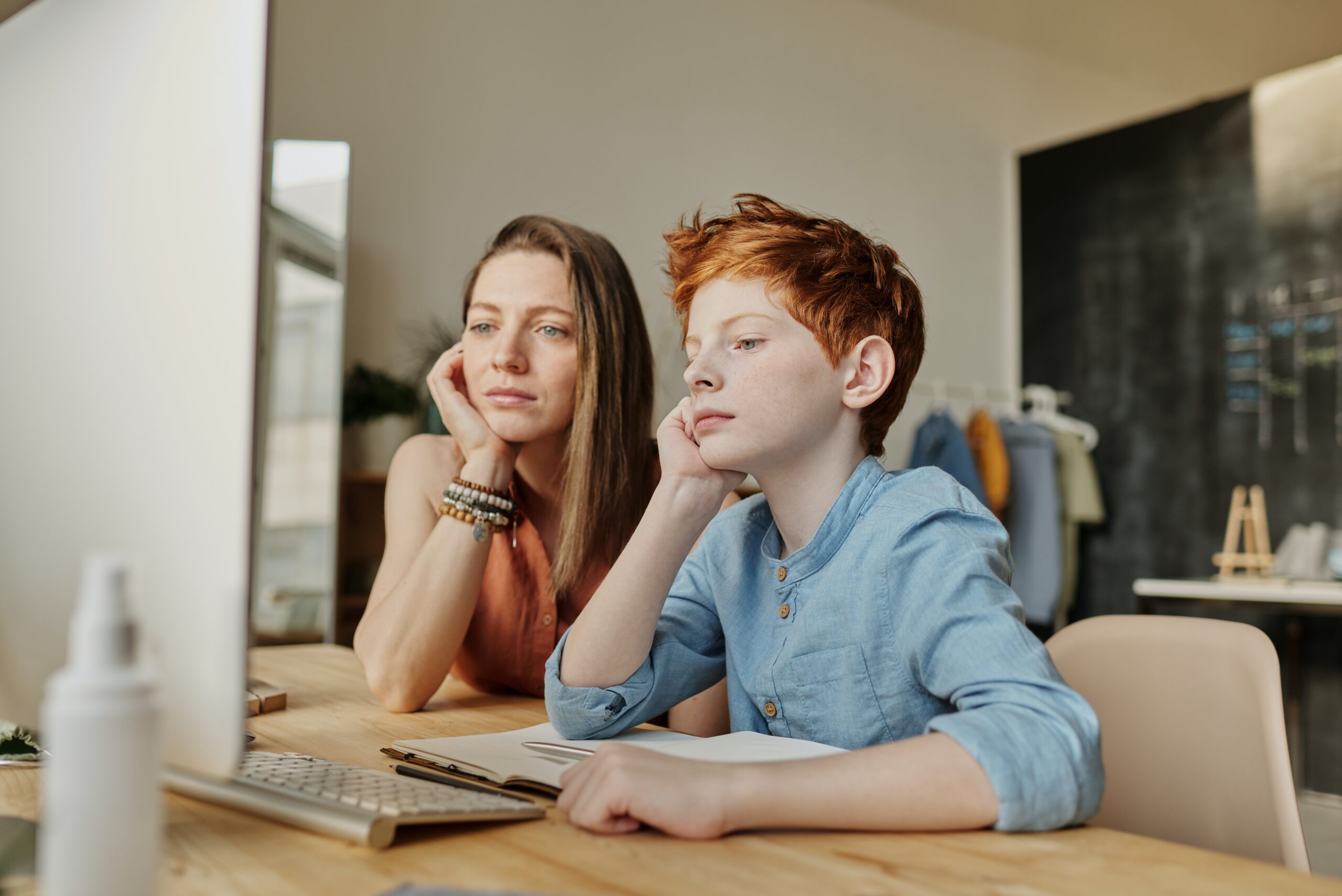The Hidden Pandemic – Children and Anxiety

This past year changed everything for our kids.
It changed how they used screens. It changed how they interacted with other children. It changed our family relationships. It changed school and activities. It changed how kids feel about life.
Perhaps most importantly, it fundamentally changed their perception of how stable and consistent the world and our society are.
Of course, this generation of kids isn’t the first to live through a crisis. Wars and past pandemics aside, relatively recently, hundreds of children in Louisiana were away from school for several months, due to repeated hurricanes. Researchers, following up with schools after the kids returned, found that anxiety among the kids had increased precipitously. Their research gives us important clues about how we can help our kids as life begins to evolve into post-pandemic “new normal.”
But some things about this pandemic are completely unique. This was the first time that a national disaster meant that almost all schools were closed, and kids had to learn at home online. It was the first time that almost all children were out of school for an entire year – not just a few months. And it was the first time that we really were able to harness the power of the Internet to allow kids to keep learning from home.
In so many ways, technology has been a blessing during the past year. It’s not only allowed kids to keep learning; it’s also allowed them to see family member like grandparents, and to socialize with their friends. In research currently being conducted at the Massachusetts Aggression Reduction Center, digital forms of entertainment were cited by teens as the most popular factor that helped them cope during the pandemic.
But anxiety is now rearing its head as a serious problem, especially (but not only) for kids. In research conducted earlier in the pandemic in China and Europe, increased anxiety among kids was one of the most notable findings. And in the current study in Massachusetts, 22% of teens reported significantly increased anxiety during the past year. Younger children may even have experienced greater increases.
In an effort to help kids adjust to the return to life as the pandemic begins to wane, The Insanely Awesome POST Pandemic Playbook: A Humorous Mental Health Guide for Kids was just released. This book is a unique tool that parents and educators can use to help children aged 7-11 relocate their emotional equilibrium. It uses several techniques to reach kids and help them cope. First, and possibly foremost, it uses edgy, kid-friendly humor to get kids engaged and reading. Second, its 12-year-old illustrator offers a perspective on the content that helps make this chapter book relatable (and funny). Third, all the chapters focus on research-based approaches. Finally, it gives kids actual, concrete coping skills they can use to address their anxiety.
So how can you help your child reduce their anxiety and blend back into post-pandemic society? Coping techniques include physical activity and playing outdoors; pursuing other interests like reading, art, and music; and spending time with, and talking to, friends, siblings, and parents about feelings. The book also discusses how to return media and screen use to more “normal” (i.e., pre-pandemic) levels. The emphasis is decidedly not upon using scare tactics but rather, using a light-hearted touch and positive thinking to help children understand and corral their fears.
We’re incredibly lucky we had the Internet during this pandemic. Still, getting back to a variety of settings, people, and activities is going to be a challenge for all of us, but especially for children, whose entire world has been shaken up. The Insanely Awesome POST Pandemic Playbook: A Humorous Mental Health Guide for Kids is a positive, fun, inexpensive way to help your child get started on this journey.


 Dr. Elizabeth Englander
Dr. Elizabeth Englander